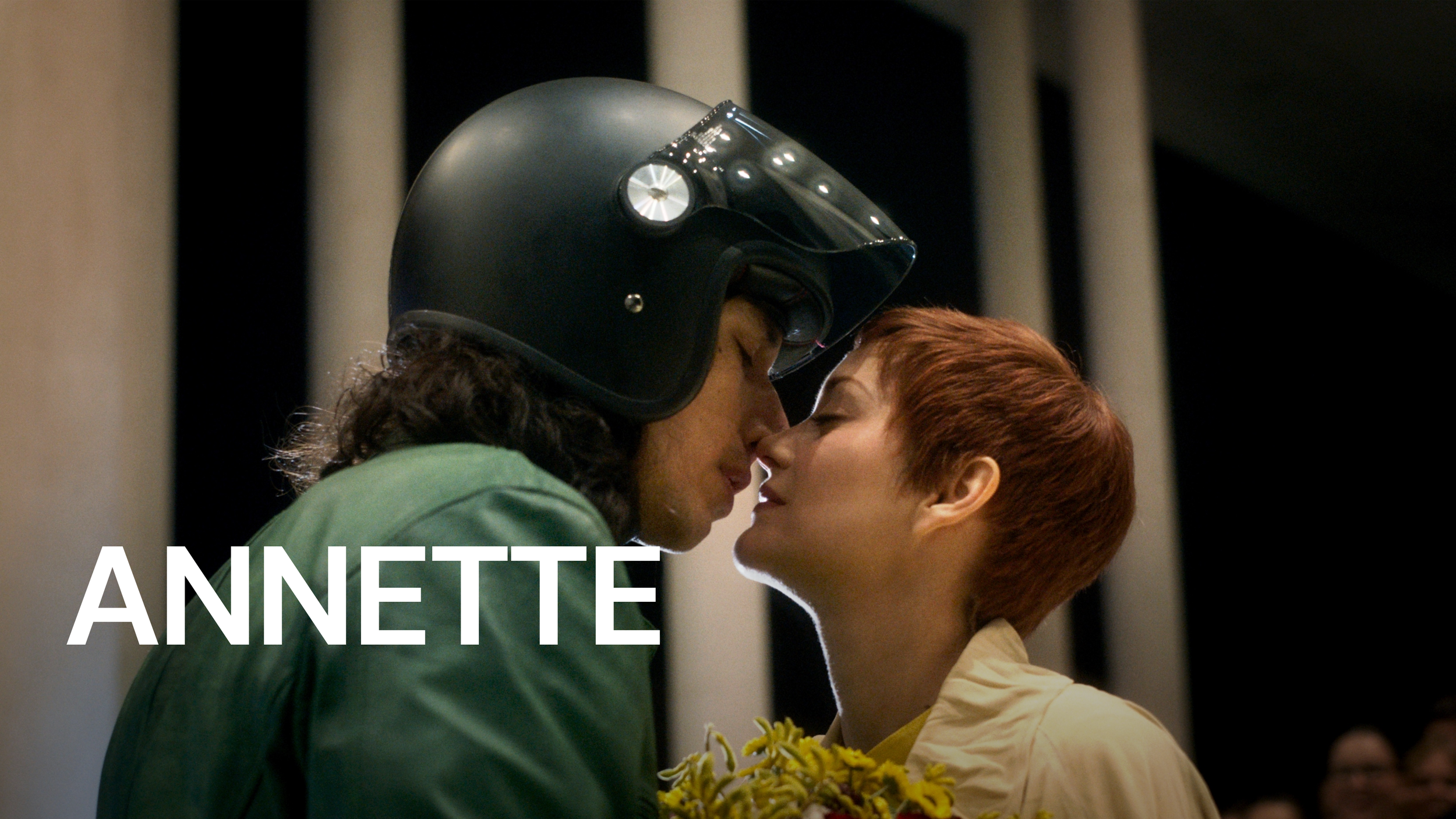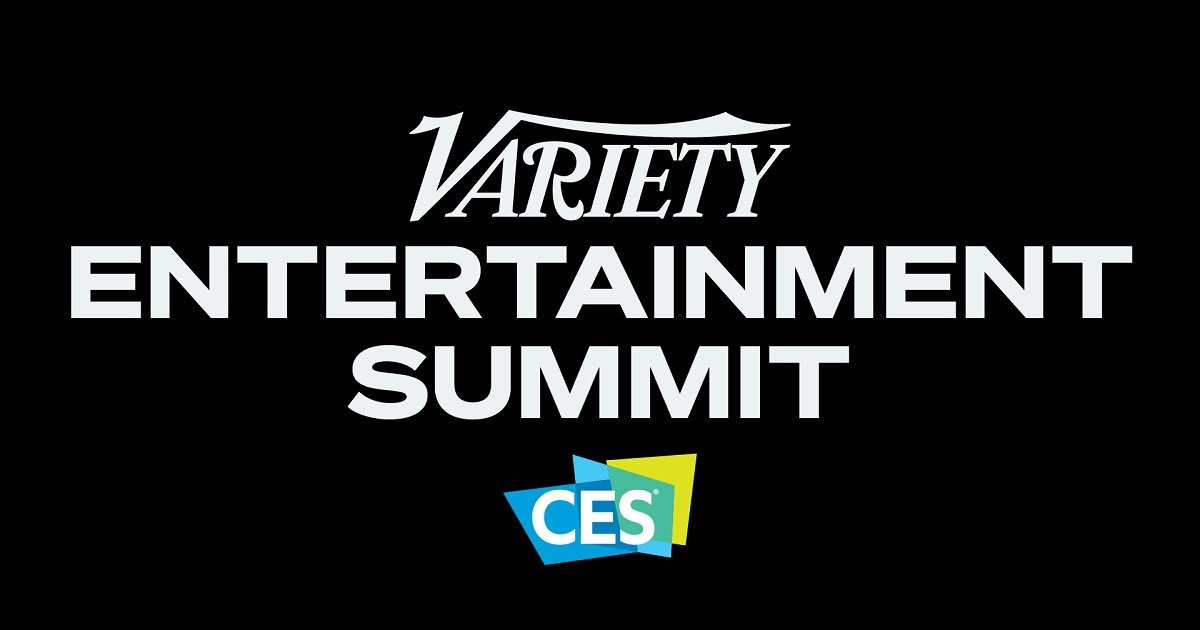
Annette: Can the Musical Be New Again?
But while La La Land sees the past as an unattainable ideal, Annette takes on Faulkner’s view: that the past isn’t dead, it’s not even past. Just as Ann’s ghost haunts Henry, our past will never be done with us. The present is only the culmination of past decisions, behavior, and events rearranged. The things that make our immediate reality feel new are ephemeral, and like Henry’s audience we are quick to discard them when they no longer please us.

Is 4D the Solution 4theDeath of Theaters?
4D perhaps can be seen as a direct descendent of the root of cinema itself — using technology to provide the purest form of primal entertainment to the audience. Just as sound is an obvious requirement for a modern movie, perhaps every film of the future would come with its own fog effects, or chair movements.

Variety’s Entertainment and Technology Summit: A Future Consumed by Greed
While we arguably have more diverse and representative stories in the mainstream than ever before, I believe it is becoming increasingly imperative to step back and ask ‘at what cost?’ to examine the trajectory of storytelling in media and help change it from its current status as a profit-motivated medium to a medium that promotes formidable and sustainable change in the entertainment industry and society.

Gossip Girl: The Death of the 20+ Episode TV Season
Overall, while longer seasons may offer more content and opportunities for storytelling, the benefits of shorter seasons ultimately make it a better format choice for creating a compelling and engaging television show. While I loved having more episodes of Gossip Girl to consume, I would’ve preferred the show to have been left on a higher note rather than watch the mess of seasons four through six. By focusing on quality over quantity, television shows can provide viewers with an immersive and satisfying experience that will keep them coming back for more. Or, to put it in simpler terms, three words, ten letters: less is more.

Jonas Mekas’ I Was Moving and the Cinema of the Everyday
As I Was Moving Ahead is a work of great indulgence, running longer than anything that could conceivably survive in cinemas, but its fragmented simplicity makes it easy to connect with. At whatever point you begin watching Mekas’ film, and for however long you watch it, it feels as full and as satisfying as any feature-length story. Its daring, fascinating qualities make it a particularly monumental work and one that, explicitly or not, envisions the future of cinema.

Pleasure Principles + Raunchy Rhythms: Depictions of Dance and the Female Gaze in Magic Mike and Dirty Dancing
Whether discreet or on the nose, the use of dance and sex are synonymous. In the instance of Dirty Dancing, dance is a tool to subtly integrate themes of love, pleasure, and relationships. Baby becomes sexually aware through her mastery of dance. In the case of Magic Mike, it is more explicitly demonstrated; The masculinity of the kings of Tampa is eroticized via strip dancing and used as a source of entertainment.

A Nation’s Cry: Han in Oldboy and Parasite
Both Oldboy (Park Chan-wook 2003) and Parasite (Bong Joon-ho) testify to the obscurity of contemporary cinematic sociocultural boundaries, with globalization facilitating not only physical transnational distribution but also receptivity to other cultures. Reducing the value of Korean cinema solely to its positive global reception, however, amplifies the external whilst trivializing the internal: rather than investigating why these films made it beyond South Korea, we should be asking why these films were made in South Korea.

But, What If We Could Know Everything? An Analysis of The Emergence of Artificial Intelligence in Hollywood
The emergence of A.I. (Artificial Intelligence) technologies offers studios a possible, albeit concerning, solution to the historic issue of “not knowing” anything and dwindling box office numbers. Through offering studios technology that presumes to analyze and predict the success or failure of a script or a film based on the input of past data, AI technology threatens to turn Hollywood into even more of a repetitive, formulaic echo chamber than it has already become, perpetuating the industry’s issue of prioritizing profit over originality and creativity for the worse.

Meshes of the Afternoon: A Revolution in Filmmaking
By examining the wide scope of criticism and scholarship that surrounds the film, as well as personal accounts from Deren’s contemporaries, a clear picture begins to emerge of the cultural implications that prevented Meshes from gaining popularity amongst the masses, the complex gender dynamics that shrouded Deren’s role in the making of the film, and the legacy of Deren herself as a bold, uncompromising, and enigmatic trailblazer in cinematic history.
